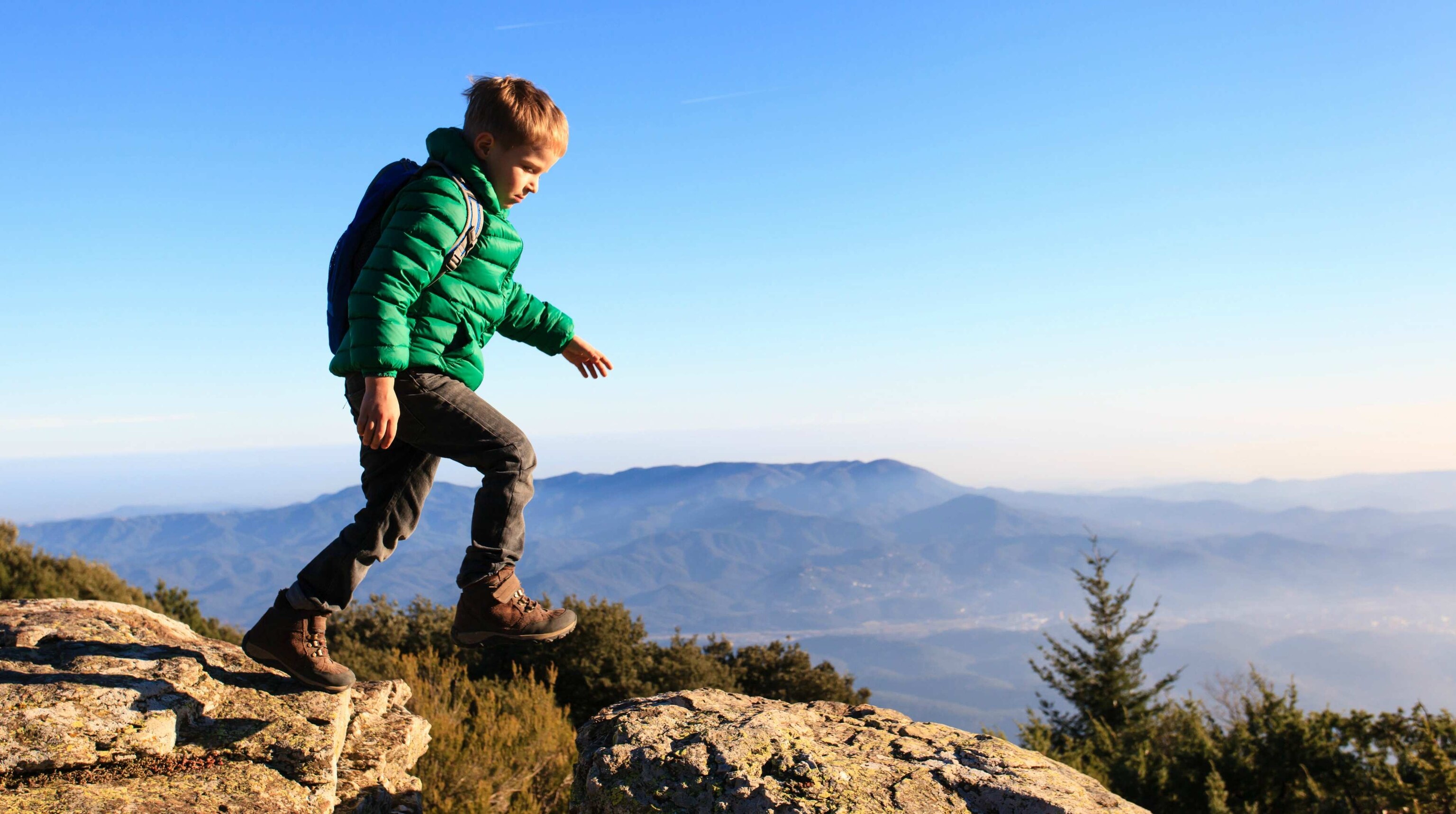
Life skills the outdoors can teach your kids
Life skills the outdoors can teach your kids
I’ve always thought of my two boys as “all-weather” kids. Outdoors, they don’t complain. They’re nicer to each other. They just seem… happier.
I’m not projecting wishful thinking on my kids. In fact a lot of studies have shown that being outside helps us be happier. Just watching birds outside might reduce anxiety and depression. But nature also has a lot to teach. From building observation skills to problem solving to gaining confidence, the outdoors can help kids gain important life skills.
How That Dead Tree Can Teach Observation Skills
Over the years, my boys and I have followed the decomposition of a particular log that lies along a trail we often walk. They’ve observed the log, grabbed hunks of its soft insides, and watched it disintegrate into rich, red dirt. Yes, I could use this activity to teach them about a tree’s life cycle. But they’re also learning to observe and investigate, skills they can use later in life.
Gregg Treinish, a National Geographic emerging explorer and biologist, calls this “land snorkeling.” Just like all the things they’ll see by floating in the ocean, kids can observe all sorts of stuff by walking outside. In his book Danger on the Mountain! he challenges kids to think like a biologist and investigate nature instead of just being in it. What’s the animal’s point of view? What will this plant look like at different times of the day? What happens when you look up? When kids follow their curiosity, they can gain important observation skills that might help them in a science fair presentation—or even a job. So that decomposing log has been teaching my kids to dig into life. Literally.
Why Being Lost Can Be a Good Problem to Have
Nature is full of problems, even when you’re simply crossing a creek: What’s the best way across? What rocks will hold? Is there a better way around, like a man-made bridge or a fallen log? By letting kids figure it out for themselves, they’ll be learning key problem-solving skills.
Of course, nature can teach more serious problem-solving abilities, such as how not to get lost. “When kids play out in nature,” says National Geographic Emerging Explorer Daniel Raven-Ellison, “they start to notice ways of orienting themselves, like, ‘Am I above or below the creek or river?’” Or simply challenge them to figure out the math of rationing water bottles for a long hike on a hot day.
Being outside can help kids tackle global problems as well, such as keeping Earth trash free. Carry bags for picking up trash in the woods. They’ll figure out creative ways to dig half-buried bottles out of the dirt and ford a stream to grab garbage in the water.
You Don’t Need to Scale a Cliff to Gain Confidence
Raven-Ellison and his then-10-year-old son once climbed a 33-foot cliff in Wales, with the sea crashing below them. “It was scary,” Raven-Ellison says. “But we learned what it feels like to be successful, which is a very powerful thing.”
You might not be scaling sea cliffs with your kids, but just about any outdoor adventure will provide an opportunity to build confidence. Once my husband and I took the boys on what I thought was going to be an easy three-mile hike. It turned out to be steep and rocky. We ran out of water. But we played “I Spy” along the way. We picked a tree to reach, then focused on another as we made our way uphill. And the boys persevered. They hadn’t just gone on an easy hike—they had conquered a mountain.
So if you’re ready to hand over the reins and let Mother Nature teach a bit, just get the kids outside. It’s easier than you think. Check out some simple tips and fun activities, or look through the Ultimate Explorer Guide for ideas. It might be the most fun you’ll ever have getting lost.